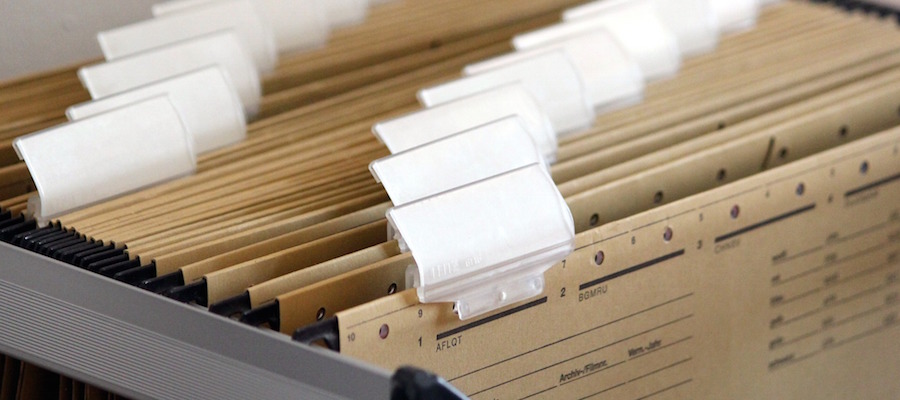To protect her legacy, Premier Clark should put a moratorium on the destruction of documents

British Columbia is in interesting times politically and that makes transparency around government decisions more important than ever. It is both a medium-term issue and a critical short-term issue.
Controversies around access to government information dogged the government in recent years. The “triple delete” scandal saw a government functionary fined $2,500 for making false statements to mislead the provincial privacy commissioner. An embarrassing number of freedom of information (FOI) requests came back to the media with the response of “no responsive records found.” Senior government officials were found to be communicating with post-it notes to avoid FOI requests, something that turns out to be a practice in other governments internationally.
In 2015 British Columbia’s Information Commissioner went so far as to issue a statement saying in respect to one of her investigations:
“In the course of this investigation, we uncovered negligent searches for records, a failure to keep adequate email records, a failure to document searches, and the willful destruction of records responsive to an access request. Taken together, these practices threaten the integrity of access to information in British Columbia.”
The government finally felt compelled to bring in legislation which it said would create a “duty to document” government decisions, a measure criticized by BC’s Freedom of Information and Privacy Association as “a sad excuse for action on creating a duty to document government decisions.”
So, in at least the medium-term, meaningful improvements to BC’s Freedom of Information and Protection of Privacy Act are badly needed. And while we have heard promises before, all three parties in the provincial election, to one degree or another, have promised changes.
But there is also a critical short term issue, particularly if, as the present Premier has suggested is likely, we see a change in government.
Out of an abundance of caution, Premier Clark should order all BC government departments and agencies to neither destroy nor delete any documents until the legislature has indicated its support for a government.
Sadly, past practice when a long-term government changes is not optimistic. In 2015 a newly elected Alberta Premier Rachel Notley requested that all government departments cease shredding documents. This came after the province’s information commissioner launched an investigation based on complaints that documents were being improperly destroyed. In response to Notley’s request, the province’s most senior public servant said, “At the request of the premier designate, the deputy minister of executive council has directed all departments to stop shredding until the new government assumes office.”
In Ontario, a government went to great lengths to completely eliminate information from government computers.
So, without implying any inappropriate activity on the part of the current government, and out of an abundance of caution, Premier Clark should order all BC government departments and agencies to neither destroy nor delete any documents, including so-called transitory documents, until the legislature has indicated its support for a government.
NDP leader John Horgan is not in a position to do this. He can request such an action, but he is not the premier designate. Christy Clark has said she will remain as premier until she is defeated in the legislature, something she has indicated she expects.
Taking such an action would be an important part of Premier Clark’s legacy, should she lose the vote in the legislature. It would indicate a real commitment to government transparency, something she has promised in response to issues raised by the Information Commissioner and the media. This is especially true since journalists such as Bob Mackin have speculated that documents were already being destroyed in the pre-election period. The time to act is now.
Note: For disclosure purposes, while I am on the Board of the BC Freedom of Information and Protection of Privacy Association, the views expressed here are my own and do not represent the views of any organization.
Topics: Democracy, Law & legal issues, Transparency & accountability


